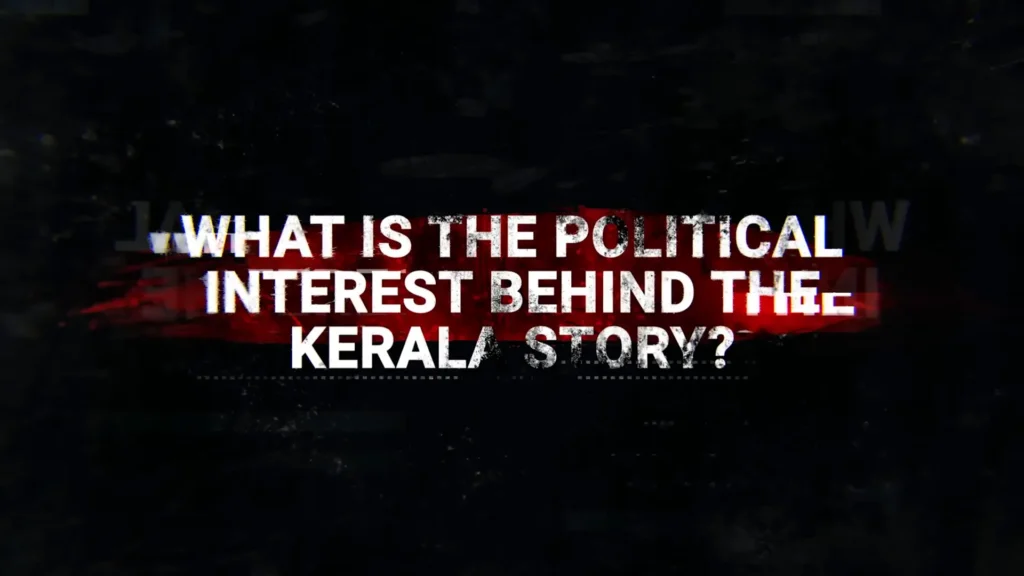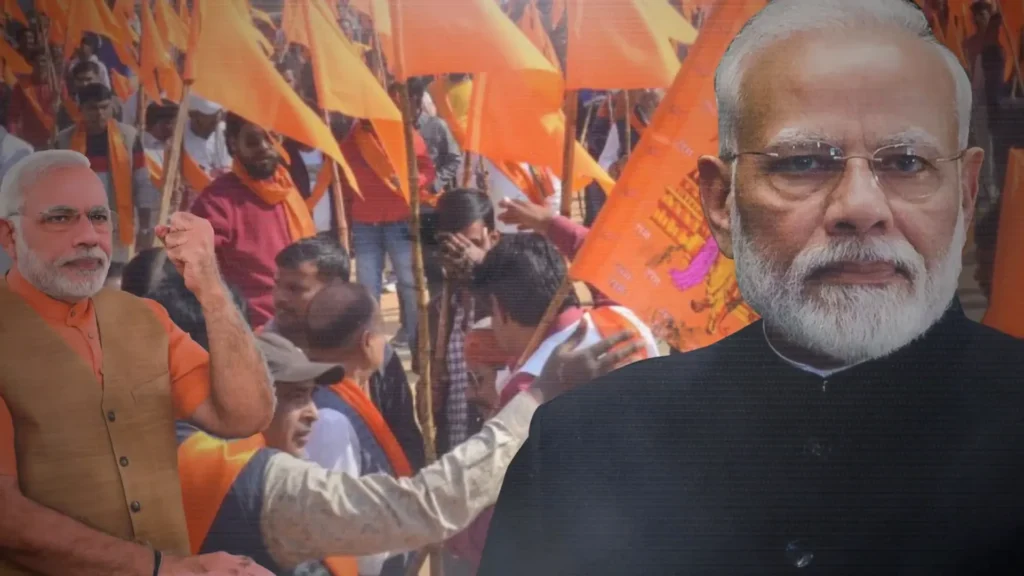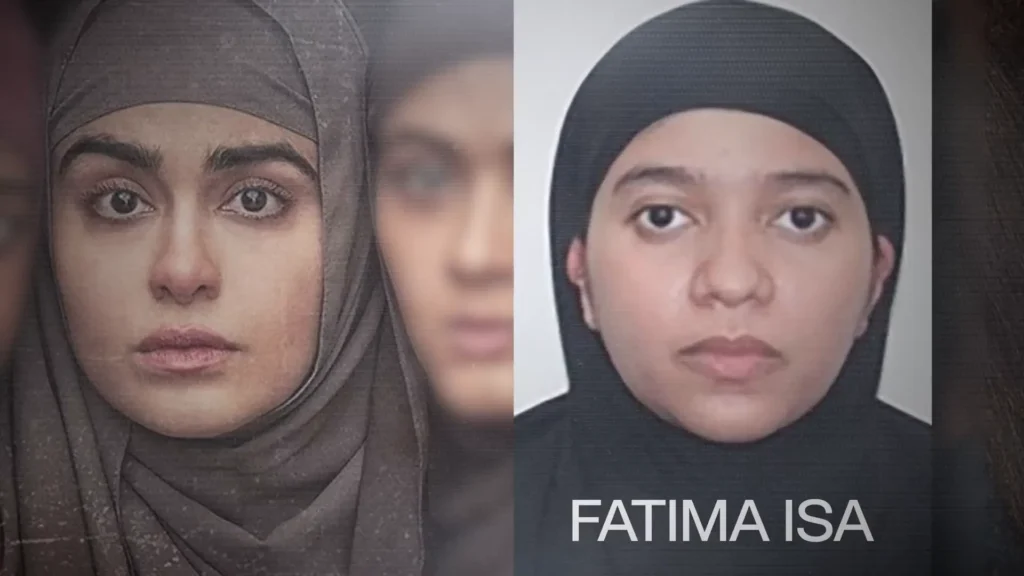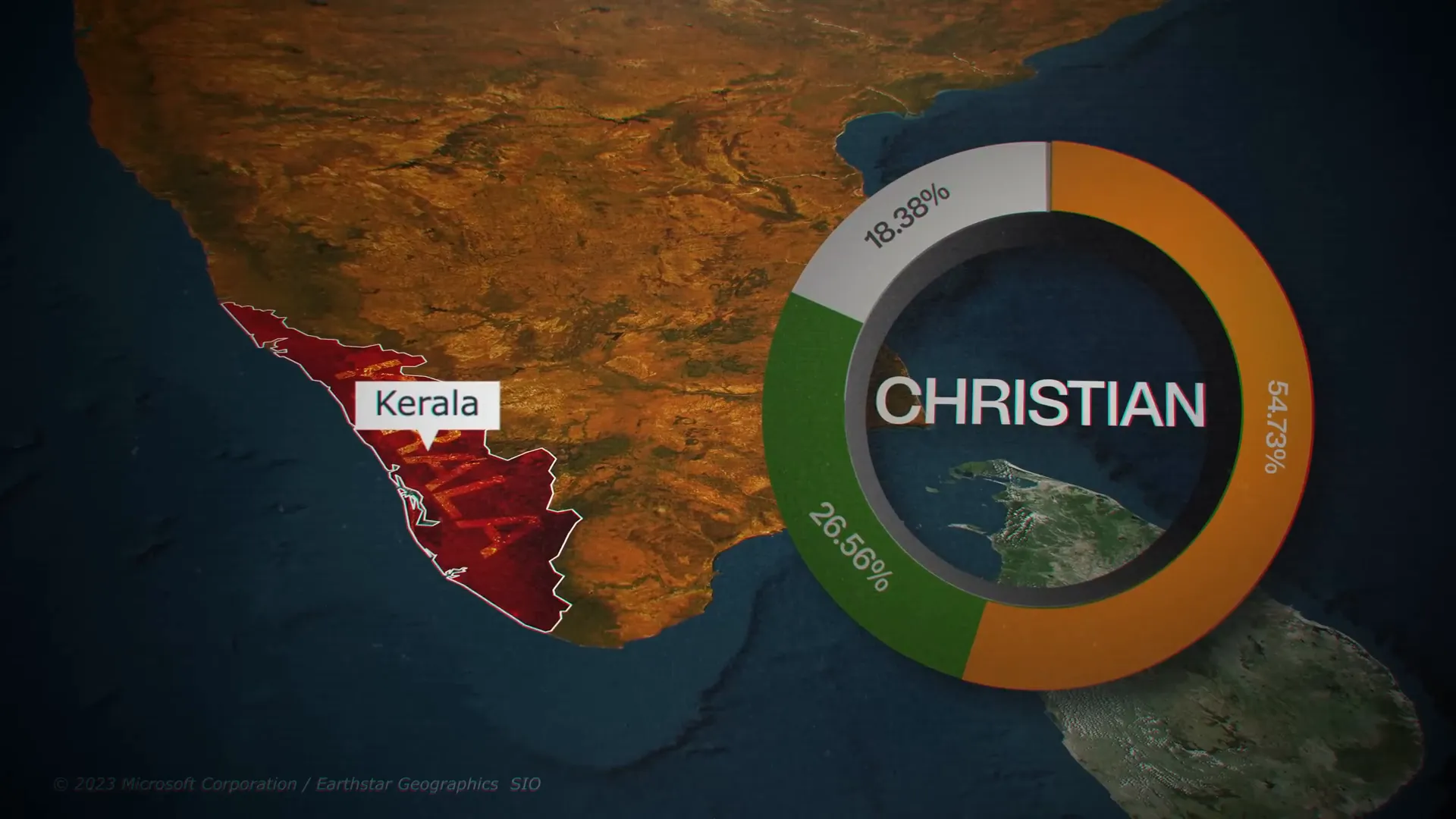The Complex Reality of Kerala: Love Jihad, ISIS, and Political Turmoil
The political landscape in Kerala has become a focal point for various controversies, particularly surrounding the topics of religious conversion, terrorism, and communal tensions. The emergence of terms like “love jihad” and the activities of organizations such as the Popular Front of India (PFI) have contributed to a narrative that has stirred significant public interest and debate. This blog aims to delve into the intricate relationships between these issues, examining the socio-political dynamics and the implications for the people of Kerala, highlighting the reality of Kerala Story.
The Genesis of Love Jihad in Kerala
The term “love jihad” was first coined in Kerala, contrary to popular belief that it originated in other states. This term refers to the alleged campaign by Muslim men to convert non-Muslim women to Islam through marriage. The repercussions of such allegations have been profound, leading to a rise in communal tensions. The politicization of this issue has only exacerbated the situation, with various political parties using it to mobilize their voter bases, further complicating the reality of Kerala Story.

The Role of PFI and Allegations of Terrorism
The Popular Front of India (PFI) has been at the center of several controversies, particularly accusations of promoting radicalization and supporting ISIS. The group has been linked to various incidents of violence and has been accused of attempting to convert individuals to Islam aggressively. This has raised alarms about the potential for terrorism and communal strife in Kerala, as evidenced by the heinous act of violence against a Christian teacher, T.J. Joseph, by a PFI member. These events underscore the reality of Kerala Story and its implications.
The Political Landscape in Kerala
The political scene in Kerala is marked by a unique demographic composition with 54.73% Hindus, 26.56% Muslims, and 18.38% Christians, according to the 2011 census. Despite the BJP’s rise in other parts of India, it has struggled to gain a foothold in Kerala, where parties like the Congress and CPI have historically dominated. This dynamic creates a fertile ground for political maneuvering, particularly around sensitive issues like religious conversion and communal identity, reflecting the reality of Kerala Story.
Community Relations and Rising Tensions
Historically, Christians and Muslims in Kerala have coexisted peacefully, often aligning politically against Hindu nationalist movements. However, economic shifts and political realignments have led to tensions between these communities. The decline of the rubber industry, once a significant source of income for Christians, has contributed to rising animosities, particularly as the Muslim community has prospered through remittances from the Middle East, further illustrating the reality of Kerala Story.
The Impact of Conversion Allegations
The issue of religious conversion has become a flashpoint in Kerala’s politics. Allegations of forced conversions have been levied against Muslim organizations, causing outrage among Christian communities. The police chief’s statement about the increasing birth rate among Muslims further fueled these tensions, leading to protests and communal discord. This situation exemplifies the complex the reality of Kerala Story.

Electoral Politics and the Rise of BJP
As the BJP seeks to expand its influence in Kerala, it has capitalized on the fears surrounding conversion and communal identity. The party’s strategy has involved using law enforcement agencies to investigate NGOs suspected of promoting conversions, a tactic that has garnered support from some Hindu and Christian segments while drawing criticism from others. This political maneuvering highlights the interplay between religion and electoral politics in Kerala, echoing the reality of Kerala Story.
The Kerala Story: A Film that Sparked Controversy
The film “The Kerala Story” has become a controversial topic, with claims that it portrays the realities of religious conversion and radicalization in the state. Critics have accused the film of exaggerating figures and presenting a skewed narrative, while supporters argue it sheds light on pressing issues. The polarized reactions to the film reflect the broader societal tensions in Kerala, as different groups vie for control over the narrative, further emphasizing the reality of Kerala Story.
Understanding the Data: Conversion and ISIS Recruitment
Data surrounding the alleged conversions and recruitment for ISIS from Kerala is complex. While some reports suggest that only a few cases exist, the implications of even a small number of conversions are significant. The interconnectivity of conversion, ISIS recruitment, and community tensions complicates the narrative, making it challenging to ascertain the truth behind the headlines, which often mirror the reality of Kerala Story.
The Real Stories Behind the Fiction
While “The Kerala Story” presents a dramatized version of events, the real-life cases of individuals who have joined ISIS or faced coercive conversion are often more nuanced. The stories of women like Sonia Sebastine and Nimisha Sampath illustrate the complex motivations and circumstances that lead individuals to make drastic choices. Understanding these narratives is essential to grasping the broader societal implications, highlighting

The Future of Kerala: A Divided Society
As Kerala continues to grapple with these issues, the future remains uncertain. The intertwining of religion, politics, and social dynamics creates a volatile environment, with potential implications for communal harmony. Addressing these challenges requires open dialogue and a commitment to understanding the diverse perspectives within the state, all of which shape the reality of Kerala Story.
Final Thoughts
The situation in Kerala serves as a microcosm of the broader challenges facing India today. The intersection of religion, politics, and societal change creates a complex tapestry that demands careful examination. As debates continue over the implications of films like “The Kerala Story” and the realities of conversion and radicalization, it is crucial to approach these topics with nuance and empathy, recognizing the intricate the reality of Kerala Story.
Conclusion:
The complexities of Kerala’s socio-political landscape reveal a state grappling with deep-rooted tensions and shifting identities. The interplay between issues like “love jihad,” allegations of terrorism, and communal strife illustrates how narratives can be weaponized for political gain, often at the expense of social harmony the reality of Kerala Story. As seen through the lens of the controversial film “The Kerala Story,” these issues not only reflect the realities of the state’s demographics but also the broader national discourse on religion and politics in India.
